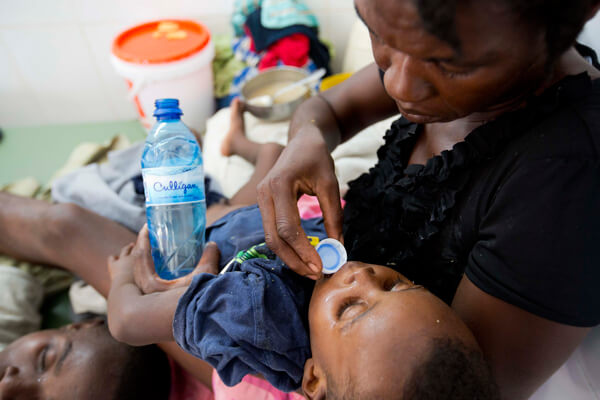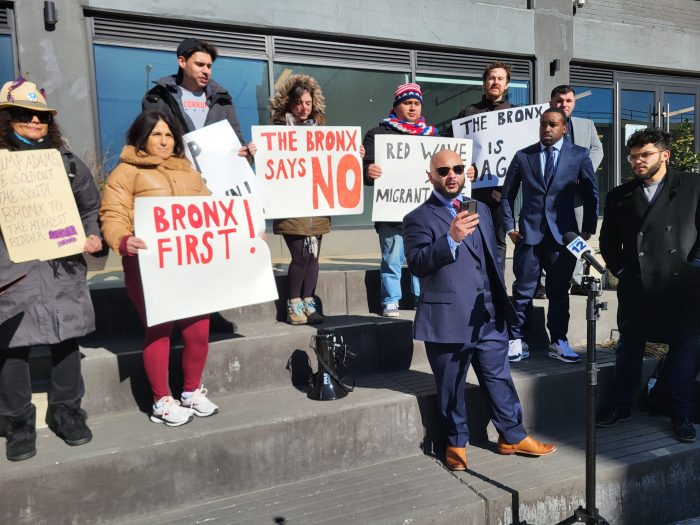Recognizing the moral responsibility of the United Nations to the victims of the cholera epidemic in Haiti, the General Assembly has welcomed the new UN approach to tackling the disease — formally launched earlier this month by Secretary-General Ban Ki-moon — and called on all 193 of the world body’s members states, including Caribbean countries, to provide the two-track plan their full support.
Adopting a consensus resolution, the Assembly called on “all member states, relevant UN bodies and other international governmental and non-governmental partners to provide their full support to [the new UN approach], in particular to intensify their efforts to respond to and eliminate cholera and to address the suffering of its victims, including by providing material assistance and support to communities and those Haitians most directly affected by cholera.”
Costing an estimated US$400 million over the next two years, the UN said the approach, detailed in a report of the secretary-general, entitled “A new approach to cholera in Haiti,” will center on two different elements, known as “Track One” and “Track Two.”
“Track One” consists of a “greatly intensified and better-resourced effort to respond to and reduce the incidence of cholera, through addressing Haiti’s short- and longer-term issues of water, sanitation and health systems and improved access to care and treatment,” the UN said.
It said “Track Two” of the approach is the development of a package of material assistance and support to those Haitians most directly affected by cholera, “centered on the victims and their families and communities.”
“It is expected that it will also involve affected individuals and communities in the development of the package,” the UN said.
It said Haiti has been dealing with a cholera outbreak since October 2010, some nine months after it suffered a devastating earthquake.
The outbreak has affected an estimated 788,000 people and claimed the lives of more than 9,000, the UN said.
It said concerted national and international actions have resulted in a 90 percent reduction in the number of suspected cases.
Briefing the Assembly on the new approach in early December, Ban apologized to the people of Haiti, expressing deep regret for the loss of life and suffering caused by the French-speaking country’s cholera epidemic.
“The United Nations and its member states have the power to recognize and respond to that suffering,” he said. “Let us step up in solidarity to our moral duty and do the right thing for the Haitian people and our United Nations.”


























